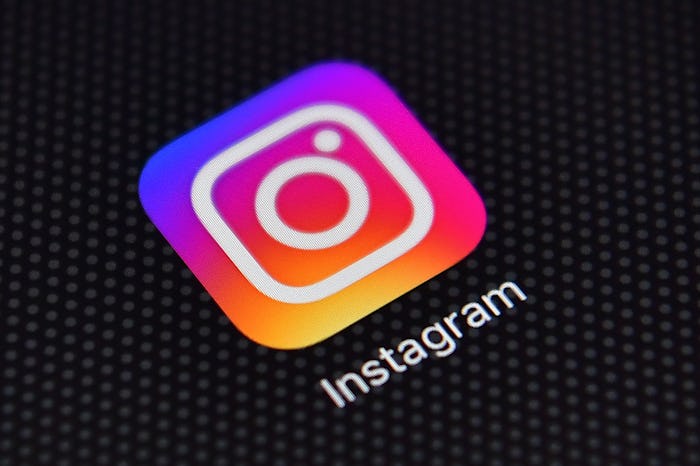News

What Is Instagram Doing To Your Mental Health?
We've all been there: You're lounging around in your pajamas on a Friday night, binging Pretty Little Liars reruns on Netflix with one eye and watching your Instagram feed refresh over and over with the other. All your friends, family members, acquaintances, and celebrity idols blur by in a rush of perfect bottomless mimosa brunches, European vacations, bachelorette parties, and seemingly glitch-free trips to the zoo with adorable toddlers.What the heck is wrong with me? you think as you queue up another episode and dig into a pint of rocky road. Sometimes you're the one taking the cool trip, of course, but a recently published study confirms what anyone who's ever felt like the loser on the couch already knows: overusing Instagram might be bad news for young people's mental health.
This unsurprising but important dispatch comes from the #StatusOfUs survey of 14- to 24-year-olds that the Royal Society of Public Health conducted in the United Kingdom recently. To better understand how social media as a whole is affecting young people's mental health, the researchers surveyed nearly 1,500 respondents about how five social media sites affect them in 14 health- and well-being-related categories such as loneliness, depression, anxiety, sleep, emotional support, and community building, according to Business Insider.
YouTube scored the best, with the only positive net impact on young people's well-being. The others trailed behind, in this order: Twitter, Facebook, Snapchat, and Instagram.
In a statement to Romper, Instagram's Head of Policy Nicky Jackson Colaco says that the social networking site is dedicated to helping users to confront mental health issues they may face:
Keeping Instagram a safe and supportive place, where people feel comfortable expressing themselves, is our top priority — particularly when it comes to young people. ... [W]e work in partnership with experts to give people the tools and information they need while using the app, including how to report content, get support for a friend they are worried about or directly contact an expert to ask for advice on an issue they may be struggling with.
And Instagram's outcomes weren't all bad: CNN reported that the image-sharing site scored positively for self-expression and self identity. On the other hand, its reported negative effects — which included being detrimental to body image and sleep patterns, not to mention causing FOMO (fear of missing out) — were most pronounced in young women. One anonymous female respondent explained some of the problem in the survey:
Instagram easily makes girls and women feel as if their bodies aren't good enough as people add filters and edit their pictures in order for them to look "perfect."
To help to mitigate the mental health risks that social media can pose, the RSPH and the Young Health Movement are leveraging the results of the report to call for the companies to take more responsibility. The recommendations include that social media companies implement popup warnings when a person has been online too long, provide a clear indication that an image has been digitally manipulated, and work to discern which users may be dealing with mental health issues and help to get them support.
When young people are constantly exposed to the most highly curated aspects of other people's lives, it's easy for them to believe that their friends don't deal with the struggles they do. But all social media sites represent a polished façade, and that's important to remember. Logging off once in a while is necessary to sustain mental health.